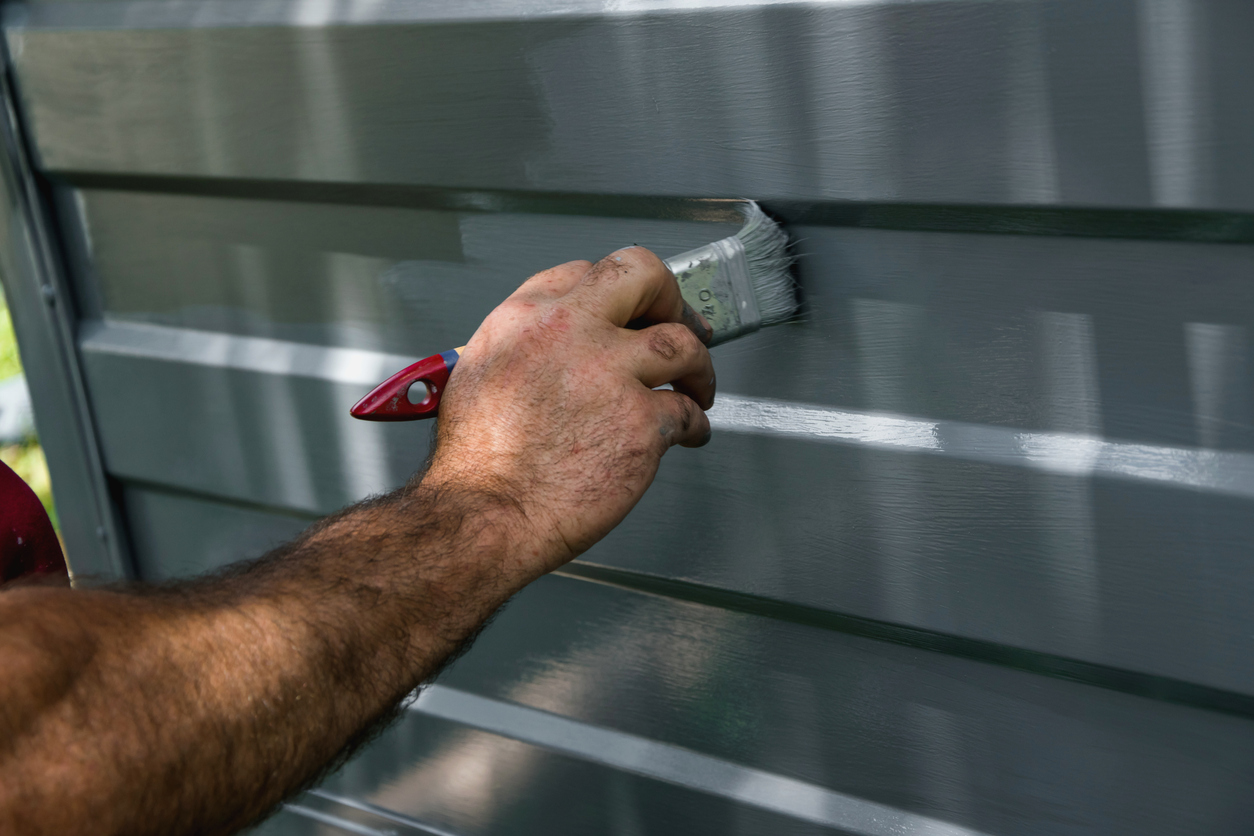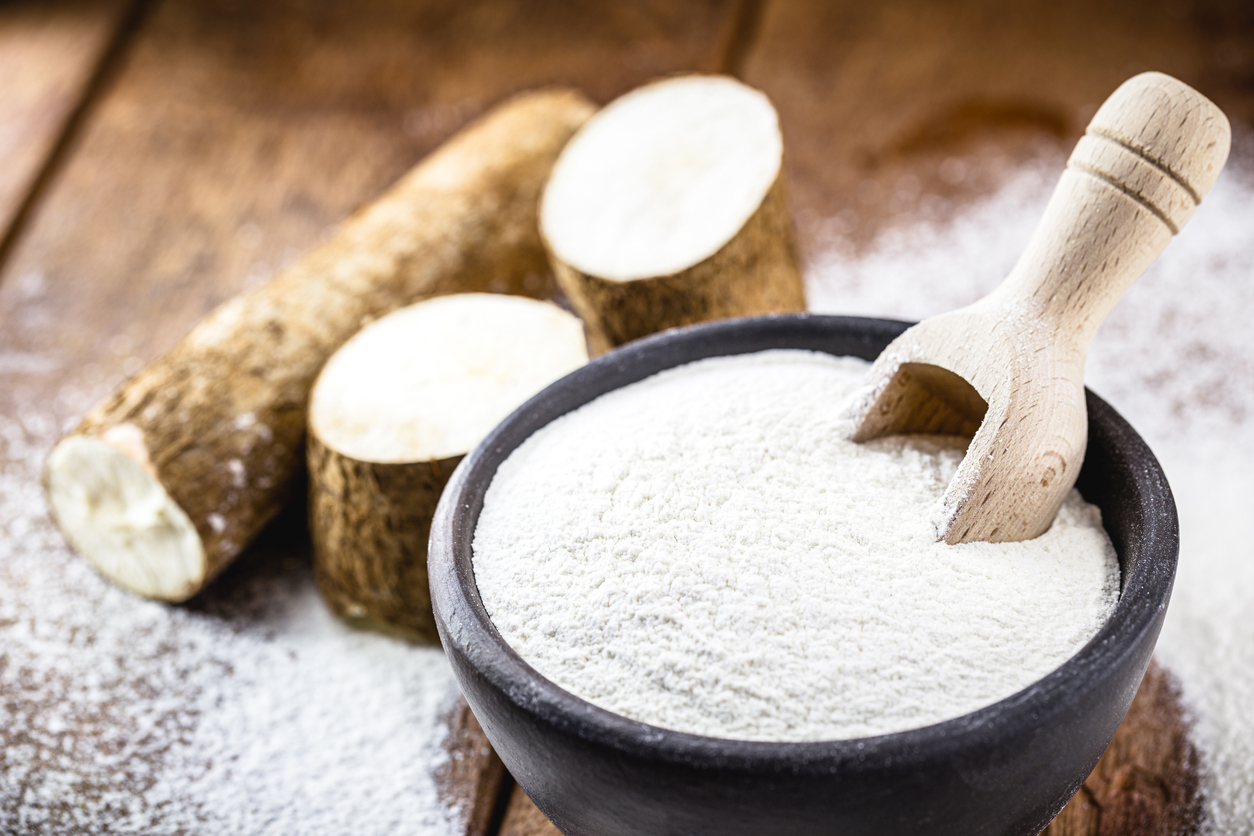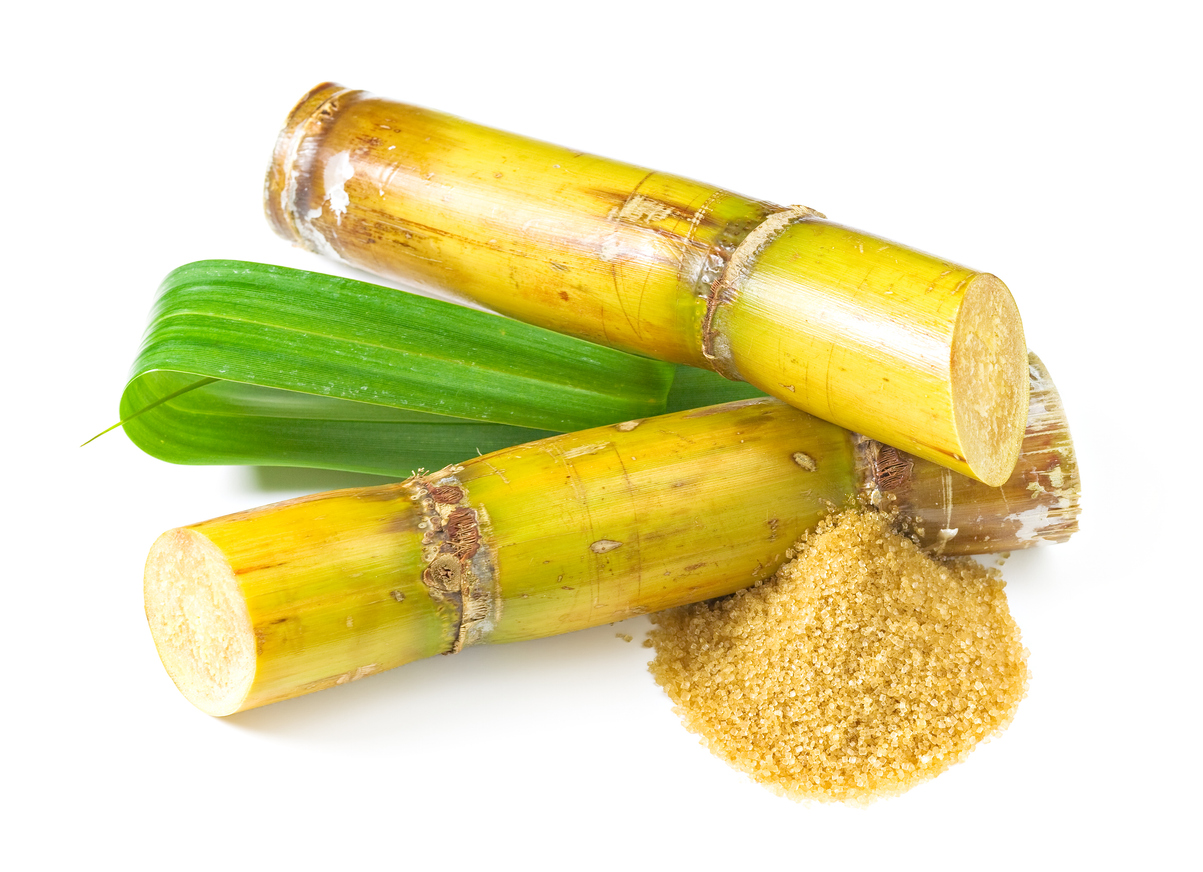How to import goods from Indonesia to Nigeria
How to Import Goods from Indonesia to Nigeria.
It can be a challenging process to Import Goods from Indonesia to Nigeria. There are a few things that you should consider before beginning the import process. First, make sure you have the correct paperwork. Indonesia does not have any specific requirements for goods that are imported into their country. However, it is always a good idea to double-check with your local customs office if there are any specific restrictions on what you’re importing.
If everything checks out and you’re confident in your product choices, then it’s time to begin the import process. However, if there are any red flags or surprises during the import process, it’s important to contact your supplier directly. This way, they can help resolve any problems as quickly as possible and avoid any potential delays in your shipment.
What you need to know before importing goods from Indonesia to Nigeria
1. Make sure you have all the necessary paperwork.
2. Know what it is that you’re importing and follow any specific requirements for goods that are imported into Indonesia.
3. Contact your supplier if any red flags or surprises pop up during the import process.
Check the product requirements before importing
When importing goods from Indonesia to Nigeria, it’s important to check the product requirements before you start any imports. It’s easy to forget about this step, but it is a crucial piece of the import process that can save time and resources in the long-run. For example, if your product requires shipping by air cargo, then you will need to contact your supplier beforehand with specific instructions on how to ship properly.
This is also an important step for those who are importing larger quantities of product. If there are restrictions on how many products you can ship in one package or what dimensions they must be shipped in, then you should speak with your supplier about these specifics before proceeding with your shipment.
Once you have all the information needed and are ready to proceed with importing goods from Indonesia to Nigeria, it’s time to request a number for customs clearance. This will help organize and expedite your shipments once they arrive at their destination country.
Research your supplier
Before you begin importing goods to Nigeria, it’s important to research your supplier. You want to make sure that they are reputable and have a good reputation. This way, you will know that the products you are importing are of high quality and will be received with no issues when they reach their destination.
The best way to research your supplier is by doing some background checks on their website or social media presence. Search for reviews and testimonials about the quality of their products, shipping time and customer service. If a lot of people have been satisfied with the products they’ve imported before, then you can feel confident in working with them for your import process.
Get started with the import process
# Choosing the right cargo
The first step to importing goods is choosing the right cargo. If you’re importing goods from Indonesia, you can choose any type of cargo that you would like. The only caveat is that your shipment should be shipped on an international flight or via a carrier who has the proper permits and paperwork to ship your product in Indonesia.
# Contacting your supplier
Next, you need to contact your supplier. This person will help with all aspects of the import process, including customs clearance and arranging for transportation of your product once it reaches Indonesia. It’s also important to be aware of any red flags or surprises during this part of the process. If there are any problems, contact your supplier immediately for help resolving them before they become bigger problems.
# Preparing for import customs clearance
Once you have contacted your supplier and sent them all the necessary documents, it’s time to prepare for import customs clearance. Your local customs office will send a letter with specific instructions about what needs to be done at each stage of the import process. Follow these instructions as closely as possible in order to avoid delays in your shipment and fines from local law enforcement officers.
# Getting shipment ready for transit
inevitable delays and complications during the import process
The process of importing goods from Indonesia to Nigeria can be difficult. There are always going to be some delays and complications during the import process, but it’s important to know what you’re getting in to before beginning the process.
First, make sure you have all the paperwork required for the import and that your supplier has the correct contact information. If this is not done correctly, it could lead to a delay in your shipment or even cause further complications.
If everything checks out on paper, then you’re ready to begin the import process! However, if there are any unexpected surprises along the way, contact your supplier right away so they can help resolve any problems as quickly as possible and ensure that your goods get delivered on time.
After the import process is complete, what to do next.
After the import process is complete, it’s time to celebrate! Getting your goods into Nigeria is an exciting milestone. Make sure that you contact your supplier and share the good news with them. It’s always a good idea to send a thank-you note too. If you have any questions about what to do next, don’t hesitate to contact a local importer either.
Good luck with your importing adventure!








LEAVE A COMMENT
You must be logged in to post a comment.